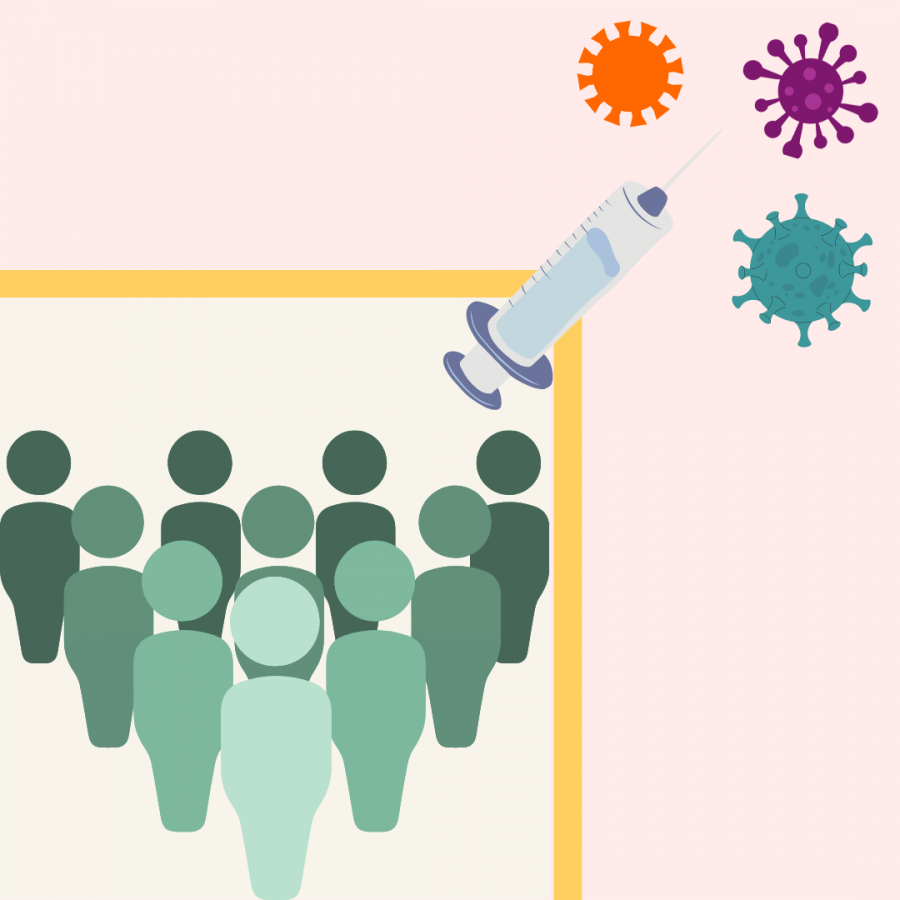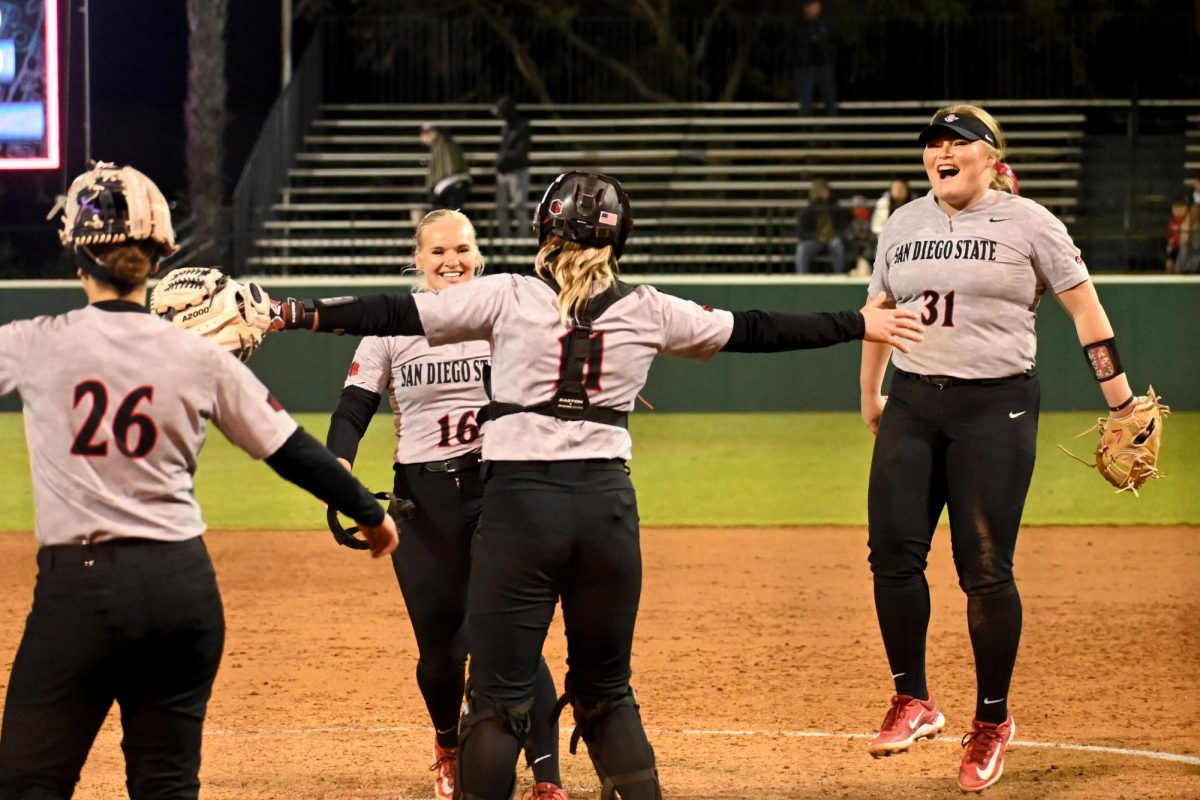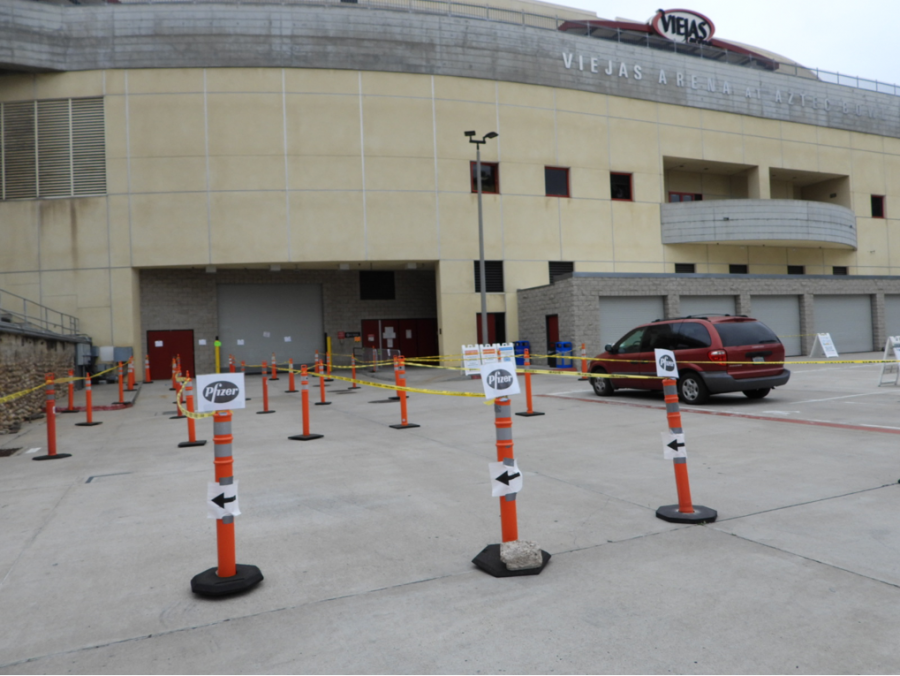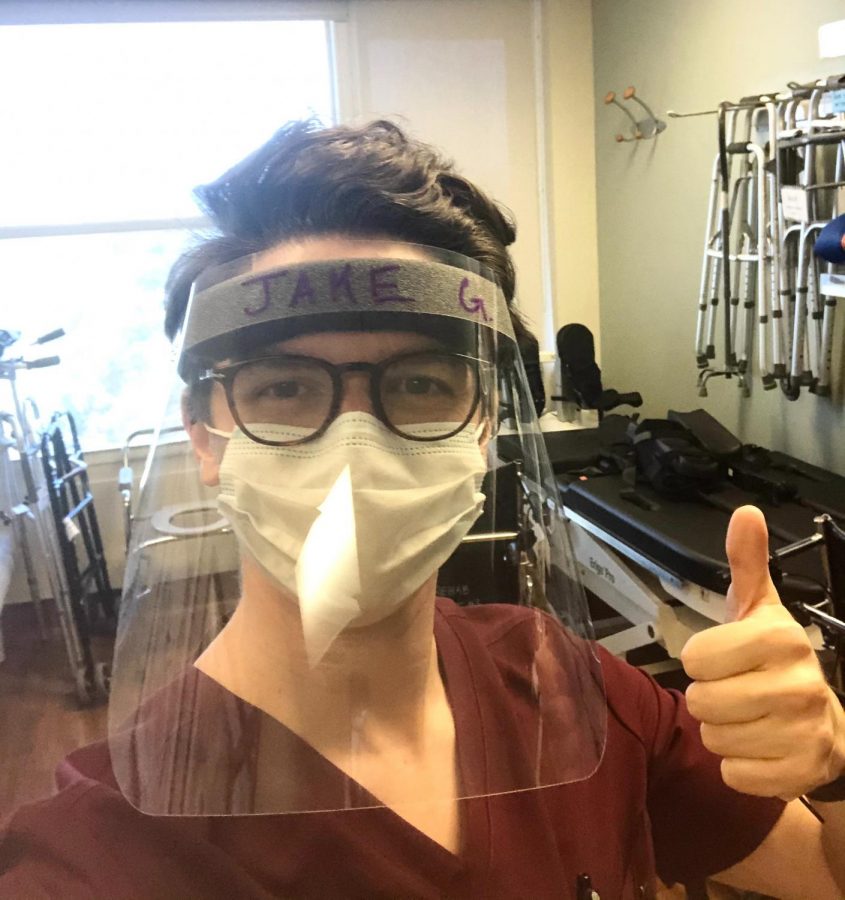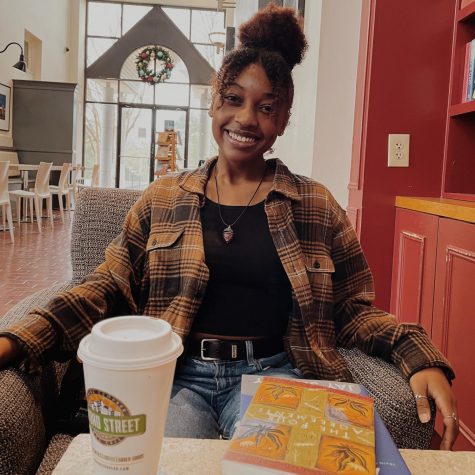Under the guidance of anthropologist Dr. EJ Sobo and School of Public Health co-lead Noe Crespo, San Diego State University researchers have gained valuable insights on the barriers preventing San Diegans, especially the Latinx population, from receiving the COVID-19 vaccine.
For months, the team has been contributing to CommuniVax, a nationwide effort to find durable and equitable solutions to providing the COVID-19 vaccine and other health services to marginalized BIPOC communities. The CommuniVax team recently published their findings in their report, Carrying Equity in COVID-19 Vaccination Forward: Guidance Informed by Communities of Color.
From an article in The Conversation, Dr. Sobo 一 joined by CommuniVax researchers from Idaho State University and University of Alabama 一 said “the same structural problems that have, historically, prevented people of color from having a fair shot at good health and economic outcomes” are at the root of the inequitable vaccination problem.
The CommuniVax team at SDSU, including graduate students Diego Ceballos (School of Public Health and Latin American Studies) and Sarah Song (Department of Child and Family Development) painted a picture of how the focus on recent vaccine hesitancy has overshadowed how significantly structural challenges in the healthcare system keep marginalized Black and Latinx communities from getting vaccinated.
In California, 30% of vaccinations have gone to Hispanic people, who account for 63% of COVID cases and 48% of COVID deaths.
Since San Diego began its vaccination efforts, SDSU’s CommuniVax team observed obstacles that prevented people from getting the vaccine including the need to care for family, issues with taking time off work, language barriers and poor website infrastructure.
Undocumented individuals also fear if they receive the vaccine, they will be ineligible for lawful permanent residency due to concerns about the “public charge rule,” which classifies residents as inadmissible based on whether they have received government benefits.
Even though the Department of Homeland Security dismissed the public charge rule in March of this year and despite the fact that the vaccine isn’t considered a government benefit, undocumented families still sit with the valid fear that a future change in government or law could restrict them from eventually gaining permanent residency.
“True anti-vaxxers are few and far between,” Dr. Sobo said. “Most people just have questions.”
Based on their research, the CommuniVax team found another key to equitable vaccine distribution was establishing a dialogue within our communities to address skepticism about vaccination. People who are wary of the vaccine’s effects may turn to self-education, and in a sea of information (and misinformation), having access to trusted resources for help is extremely valuable.
CommuniVax Project Manager Griselda Cervantes emphasized the importance of “promotores.” Promotores are advocates within communities of color who earned the trust of people who have been consistently underserved by the healthcare system.
When marginalized groups can have genuine conversations with someone they trust, barriers such as a lack of understanding or difficulty navigating the health system become easier to break down.
This is why it’s so important for local health systems to collaborate with community-based organizations, faith-based organizations and community health workers in order to attain the necessary milestones in vaccine rollout.
Our healthcare system must dedicate itself to these communities even after the pandemic is over if we want to dismantle the structures that make Black, Indigenous and people of color (BIPOC) populations more vulnerable to COVID-19.
BIPOC cannot be treated as a monolith. Black, Indigenous and Latinx people experience institutionalized racism in different ways, however, the best way to address racism in vaccine distribution efforts is to empower community-led, grassroots efforts for a “hyperlocalized” response to COVID-19.
SDSU graduate research assistant Sarah Song shared how she was able to guide her father through his concerns about the vaccine through thoughtful research, listening and having uncomfortable conversations. In the end, she was able to help protect someone she loves from COVID-19, and she encourages students to do the same.
“Don’t underestimate the power of your research and the influence you have over others,” Song said.
Read an executive summary of the latest CommuniVax report here in English and here in Spanish:
Jessica Octavio is a senior studying microbiology.



